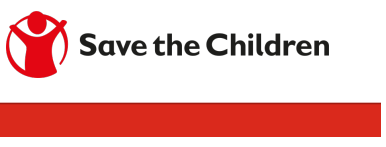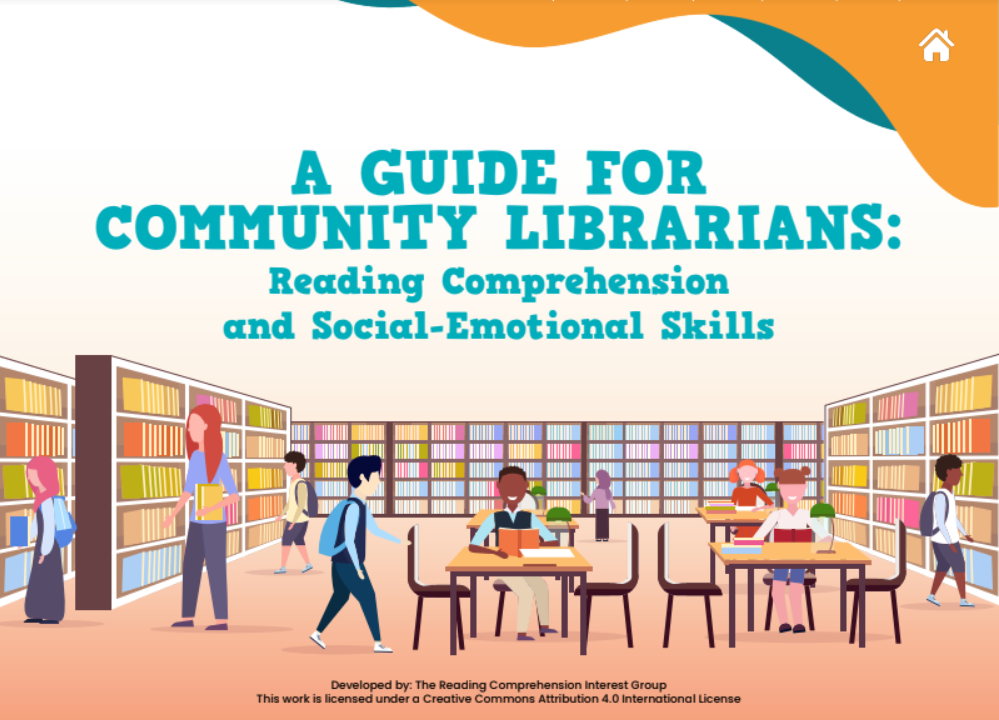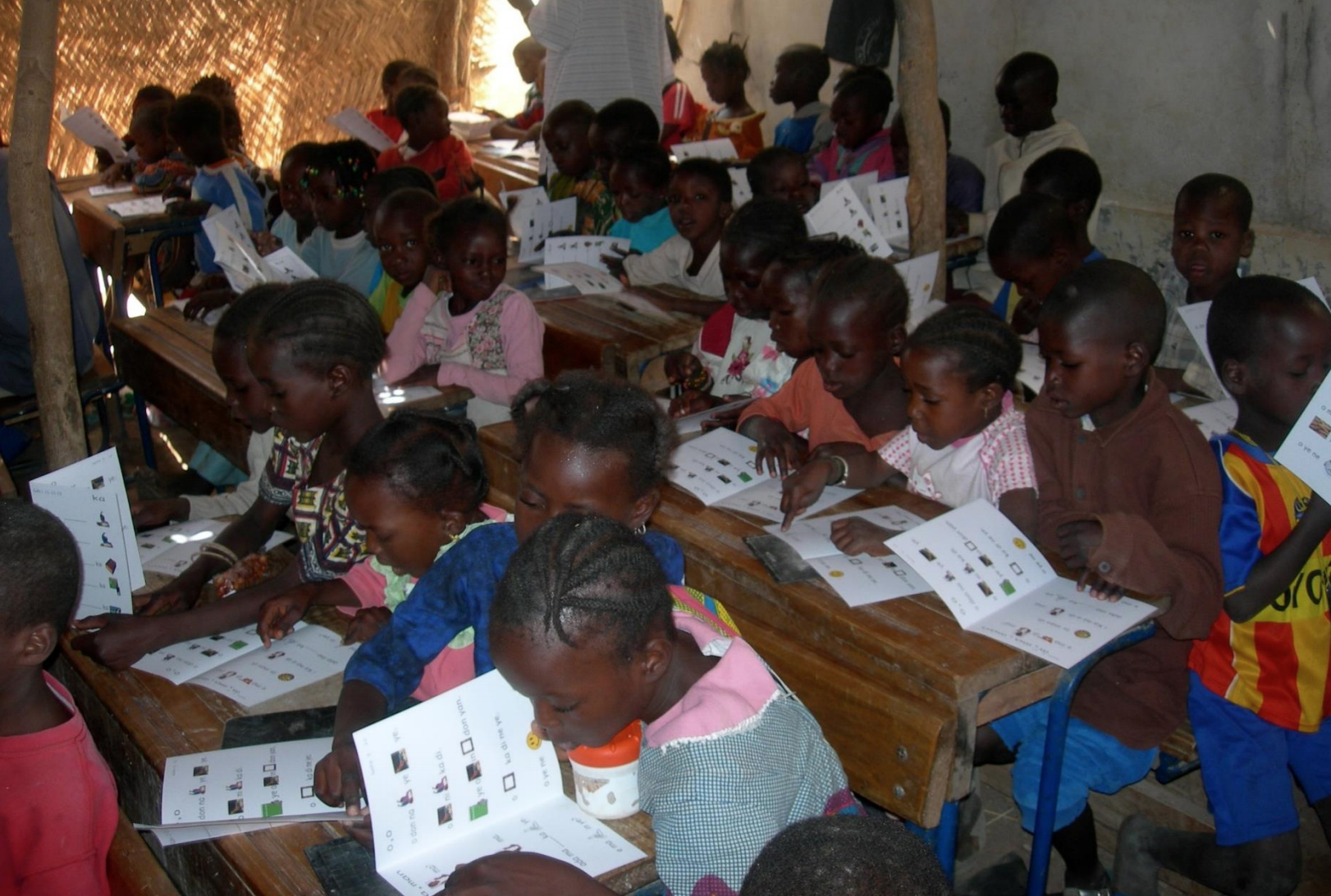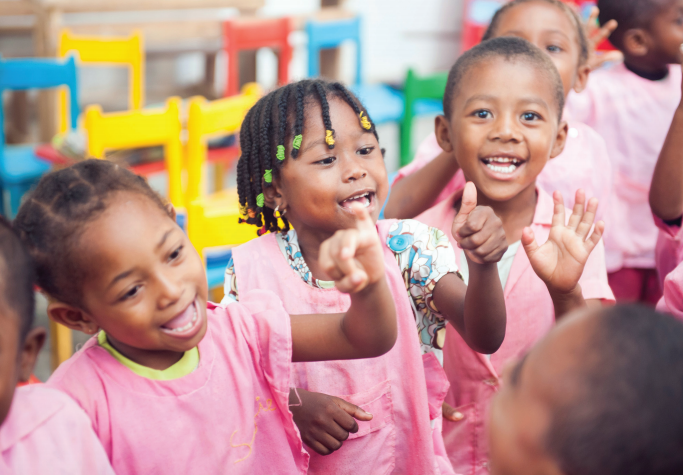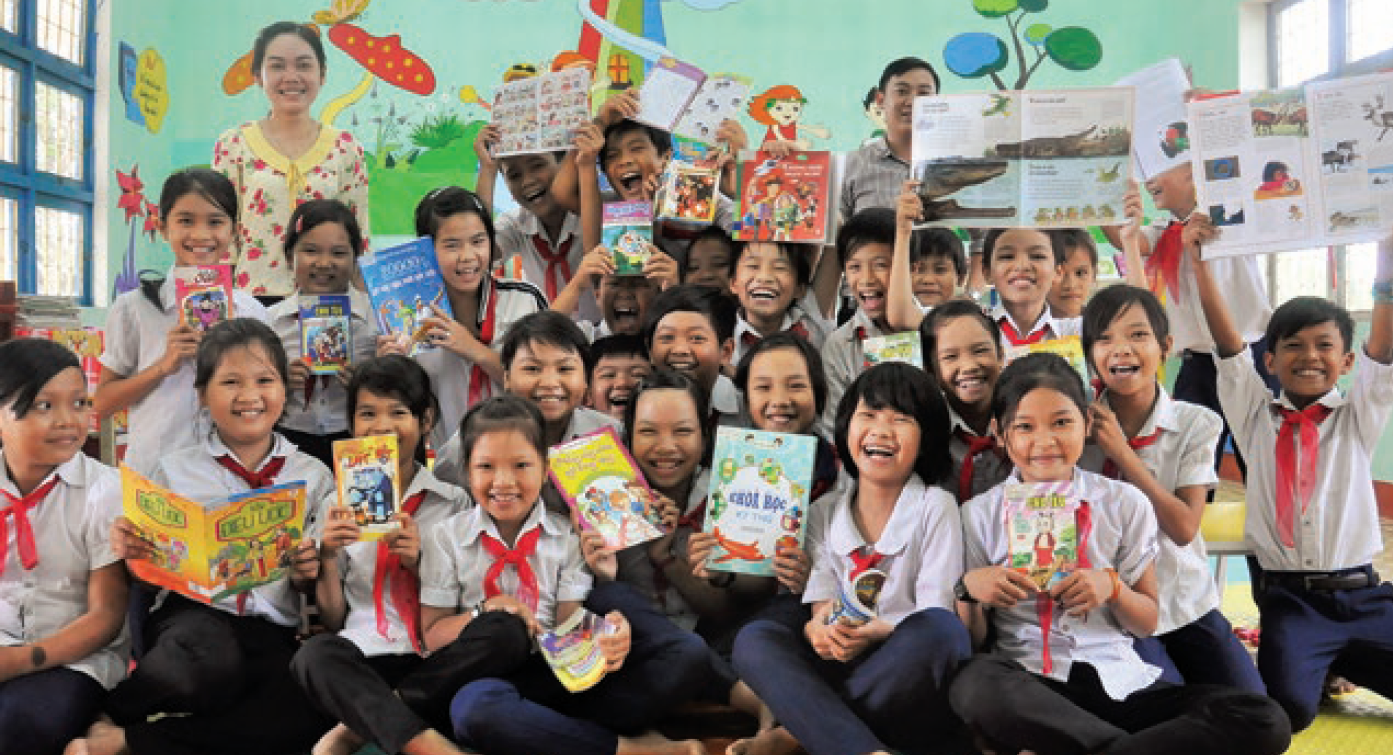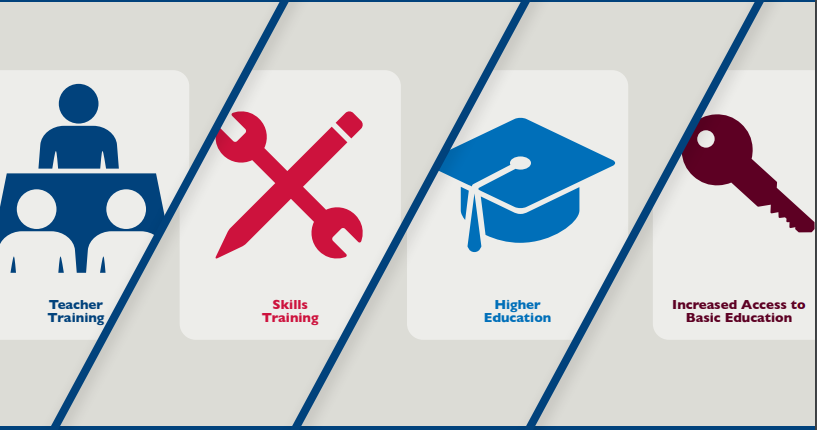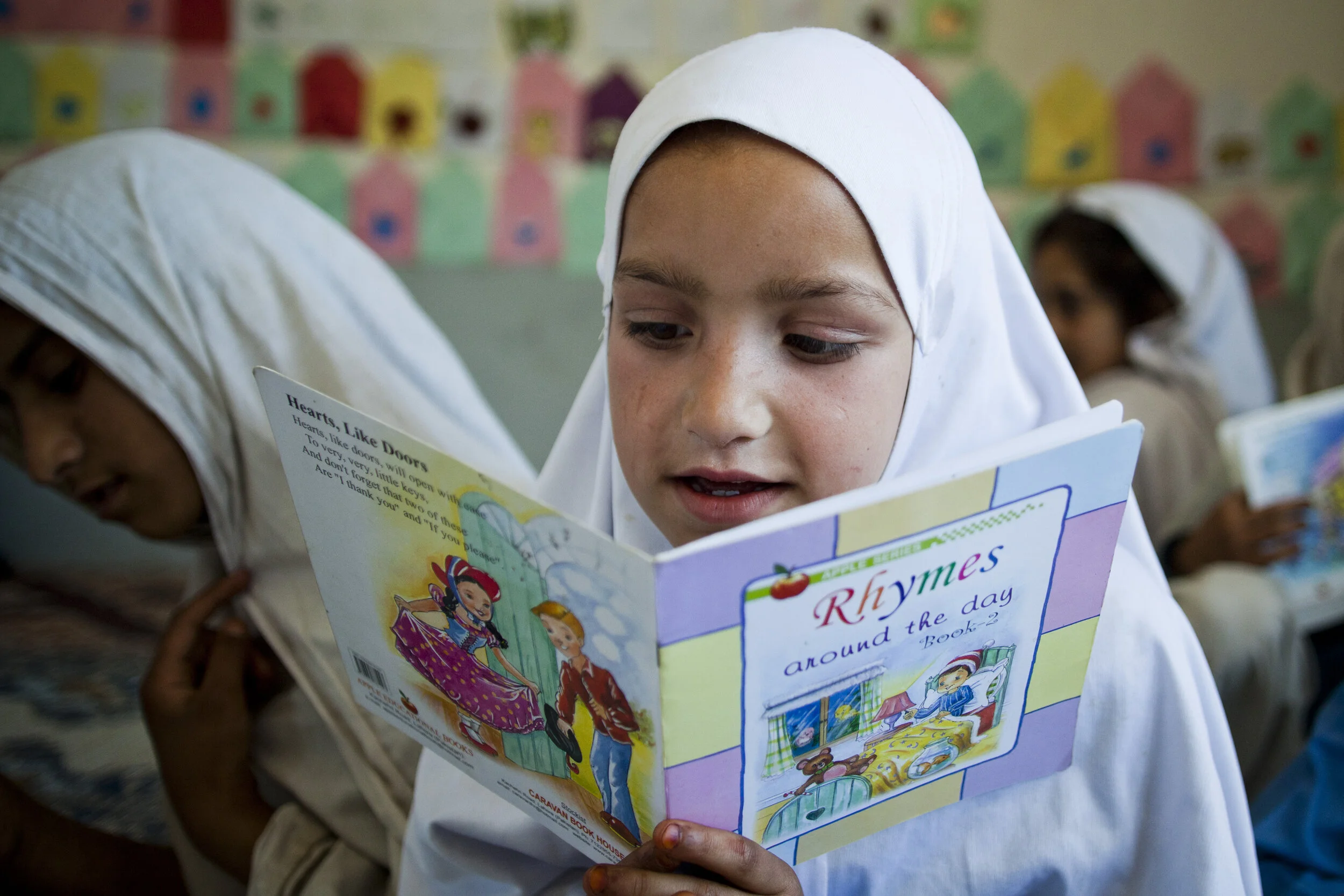RTI International 2016
This report provides a detailed description of the current supply of early-grade reading materials in African languages in the following 11 countries in sub-Saharan Africa: the Democratic Republic of the Congo (DRC), Ethiopia, Kenya, Malawi, Mali, Mozambique, Nigeria, Senegal, Tanzania, Uganda, and Zambia.

